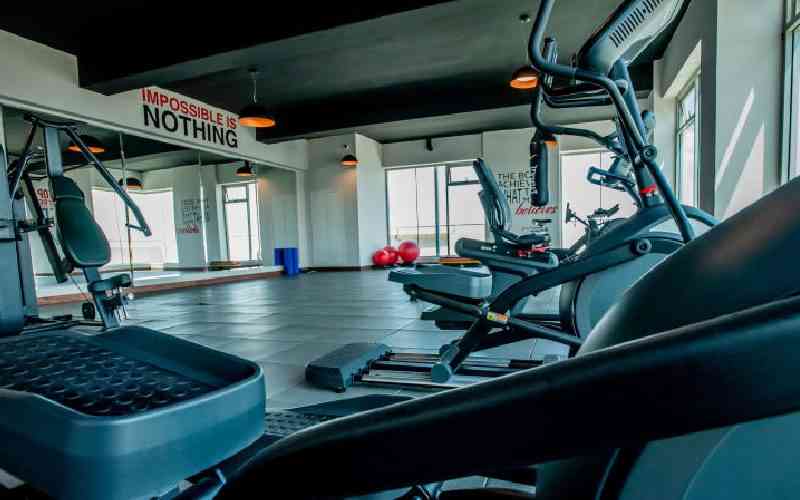×
The Standard e-Paper
Stay Informed, Even Offline

Millennials. These are the new cash kings and queens in town, but who will bombard you with tonnes of conditions before they can give you their money.
If they check into a hotel, they want to work, eat and party at any time. If they ask for food in the middle of the night, they expect to get it. And they want to come into their rooms at their convenience - and with guests. And they value their privacy.